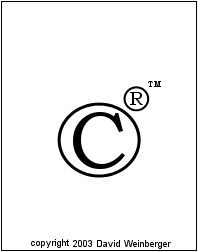US babies get global brand names. As more and more ordinary words become national and international brands, some overlap between personal name space and TM-space was inevitable. But naming kids “ESPN”? I think naming a child after a brand is a pretty awful thing to do — but that doesn't make it illegal.
I haven’t researched it, but it seems to me that were any owner of even a coined famous mark (the very, very strongest kind) to complain about a child bearing their trademarked name, the company would lose. Mere naming of a child is a non-commercial use of a word, and federal trademark law, at least, requires commercial use of a term for both traditional infringement and for federal dilution claims. Furthermore, the naming is neither dilution nor tarnishment (although it could lead to either in the long run).
The more interesting legal issues arise if the kid ever tries to use his name in commerce. Even people named McDonalds can’t open eponymous burger joints today. So the kid might have more constraints on the use of his name than the rest of us.
Drawing the line isn't easy, since dilution law is fairly hair-trigger, and doesn't require even an imminent likelihood of confusion, must less evidence of actual confusion. Nor does it require that the two sets of goods be in competition — just that the new user be thought to “blur” the uniqueness of the prior user's famous mark.
Now suppose the kid with the funny name grows up and becomes a major recording artist, uses his own name, and sings songs that the famous, coined, mark holder thinks blur or tarnish the brand…. The mark holder would certainly have an arguable case that the former kid should call his act something else.
I think the former kid should win, but it’s a comment on the state of the law that this isn’t as obvious a result as it might be, especially if the dilution claim was based on one of the more aggressive state's laws.
Continue reading →

